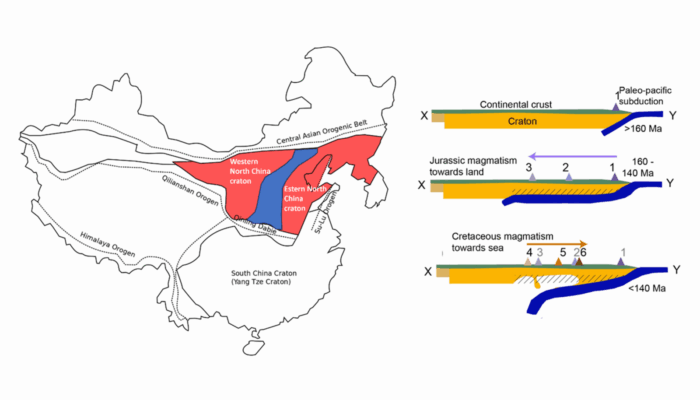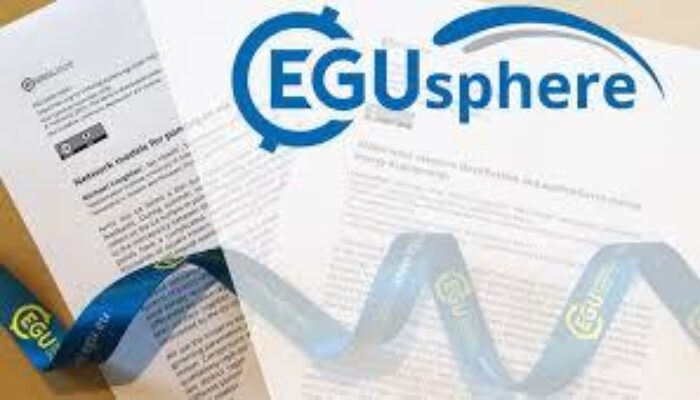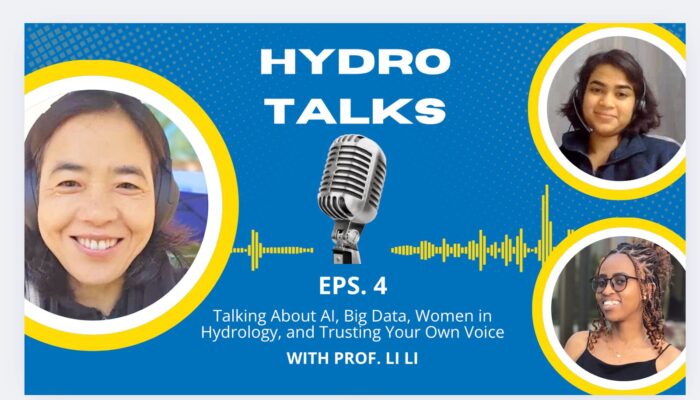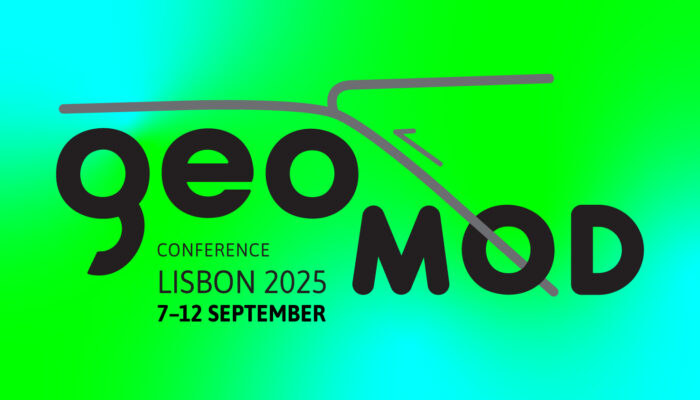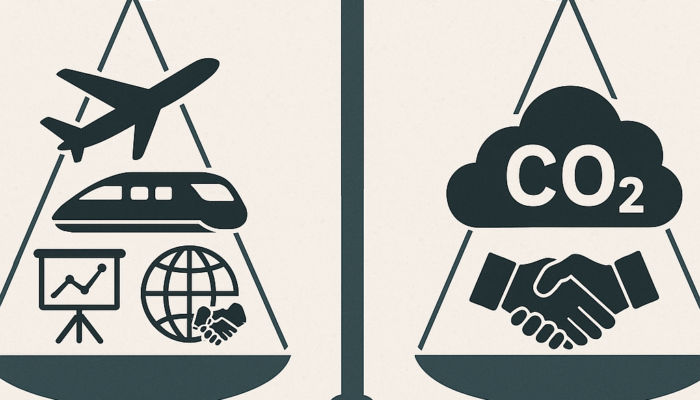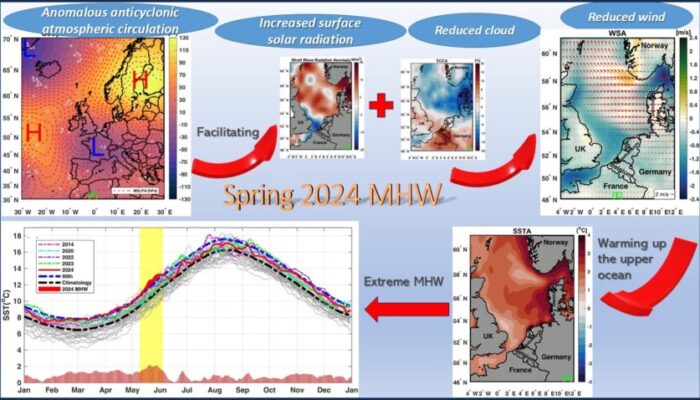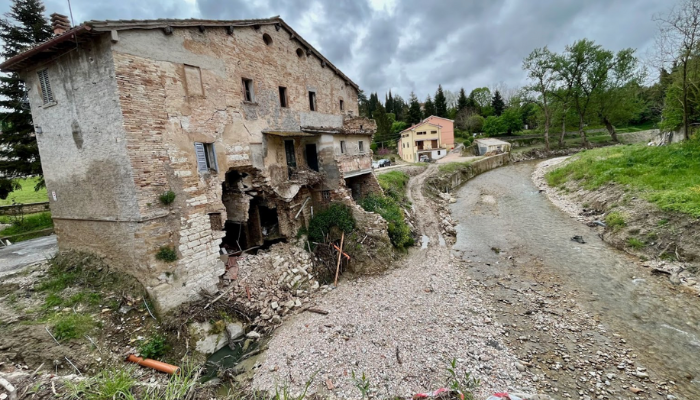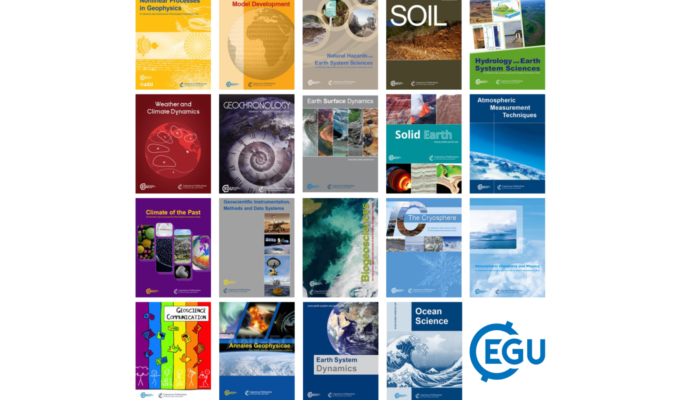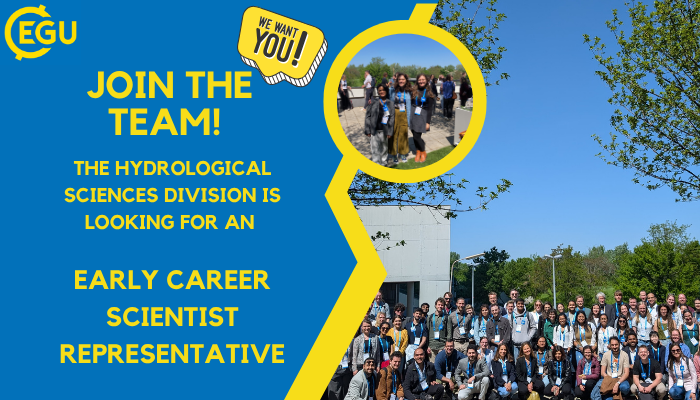Cratons are forever, until they are not. These long-lived portions of lithosphere are known for being remarkably stable. However, if the conditions are right, even cratons can be ripped apart by geological forces, with far-reaching impacts on Earth’s systems. This week, Jyotirmoy Paul from the University of Oslo, Norway will tell us the downfall of the North China Craton, using numerical sim ...[Read More]
If you didn't find what you was looking for try searching again.
GeoLog
Three reasons why you should consider preprinting your research
Preprints are scientific manuscripts posted online before or in parallel with submission to a peer-reviewed journal. Although the term ‘preprint’ may sound like it is just a preliminary version of a document that will eventually be published in an academic journal, this is not always the case. Not all preprints are intended for formal peer review, and some remain at the preprint stage indefinitely ...[Read More]
Hydrological Sciences
HydroTalks Podcast: Professor Li Li on data and models, water chemistry, climate change and science communication
Welcome to HydroTalks, the EGU HS division’s podcast series. In this episode, we interviewed Prof. Li Li (Li Li – Penn State), leader of the Li Reactive Water group at Penn State University. We talked about her research on using data and models for hydro-biogeochemical processes, river water quality, climate change, and research communication. Her research sits at the intersection of h ...[Read More]
Geodynamics
GeoMOD 2025 – Lisbon edition
The GeoMOD meeting is a bi-annual conference that gathers Earth Science researchers from all over the world working on analogue and numerical modelling in Geosciences. Showcasing the most recent advances in this field, GeoMOD brings together the pursuit of new knowledge while allowing for great get-togethers between researchers. This year’s meeting was successfully held in Lisbon but not without i ...[Read More]
Nonlinear Processes in Geosciences
Rethinking the carbon cost of scientific exchange: Nonlinear effects of reducing scientific mobility
The carbon footprint of scientific collaboration has become an increasingly debated topic. Conferences, workshops, and research travel remain central to how science function, yet they also contribute to global greenhouse gas emissions. Since the pandemic era scientists also learned to work virtually and to attend workshops and conferences online. Understanding the carbon footprint, and how it comp ...[Read More]
Climate: Past, Present & Future
The North Sea Is Heating Up: What Marine Heatwaves Tell Us About Climate Change?
As scientists, we are acutely aware that our planet’s climate is changing, but the speed and severity of these changes can still surprise us. As global temperatures rise, certain regions become hotspots experiencing more intense and amplified warming. As a postdoctoral researcher at the University of Liège, I have been closely studying amplified warming and marine heatwaves in the North Sea under ...[Read More]
Hydrological Sciences
“What if …?” – Creativity in flood risk management using counterfactual scenarios
Floods are among the most devastating natural hazards, claiming lives and damaging infrastructure. The question of how we can be prepared for these extreme events quickly reaches an almost philosophical level: First of all, what is an extreme event? Second, how can we know what the future will bring? For the last century hydrologists have relied on statistical concepts, which are based on observ ...[Read More]
GeoLog
GeoRoundup: the highlights of EGU Journals published during October!
Each month we feature specific Divisions of EGU and during the monthly GeoRoundup we put the journals that publish science from those Divisions at the top of the Highlights section. During this month, we are featuring Energy, Resources and the Environment (ERE) and Hydrological Sciences (HS). They are represented by the journals Geoscientific Model Development (GMD), Solid Earth (SE), Earth System ...[Read More]
Geodesy
Expanding the picture: Franck Ghomsi
What does a geodesist look like? And what happens if you don’t “look the part”? Today, Franck Ghomsi, a Black African scientist, takes us along on his journey between South Africa, Canada and Cameroon. Franck does not only research the impact of climate change on coasts with geodetic techniques, but at the same time became an expert in self-motivation, battling racism and fightin ...[Read More]
Hydrological Sciences
Are you our next HS Early Career Scientist Representative?
It’s time to grow the Early Career Scientists (ECS) team of the Hydrological Sciences Division! We’re looking for the next ECS representative to contribute to coordinating social media, our newsletter, online campfires, our podcast series, and to join our fantastic blog team. Interested? Keep reading to find out more! What do ECS teams do? EGU’s scientific activities are organised by 22 scientific ...[Read More]

